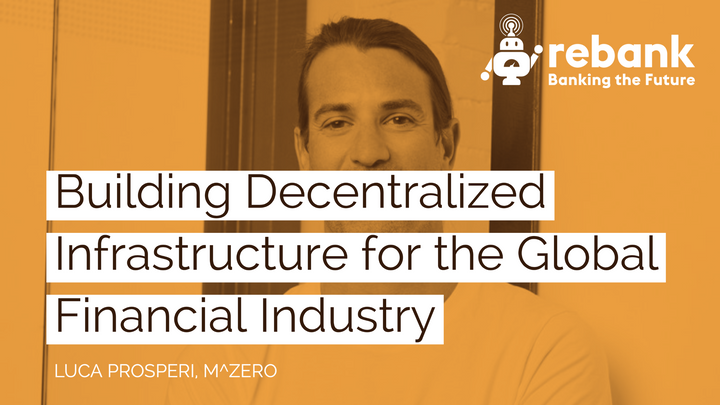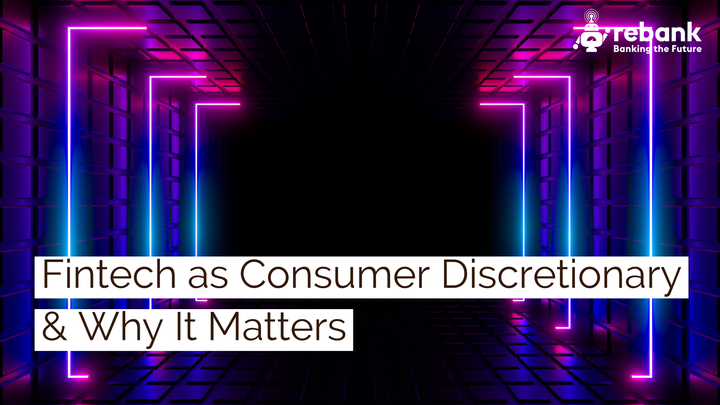Open Banking 2.0: Why Everything is Changing

In Episode 92 of Rebank Podcast, we were joined by Louise Beaumont, Co-Chair of techUK's Open Banking & Payments Working Group and a member of the Open Banking Implementation Entitiy Working Group, Megan Caywood, Chief Platform Officer at Starling Bank, a UK digital bank differentiating through Open Banking, and Jamie Campbell, Head of Awareness at Bud, a fintech leveraging Open Banking to create new revenue streams for banks.
Here are the key takeaways from that conversation:
The expansive view of Open Banking is around driving innovation in financial services to create a stronger economy, more choice and better outcomes for customers, both retail and business.
Right now, we're in the midst of a compliance-driven reaction, in which bank compliance teams are setting out minimum regulatory requirements and passing instructions to IT to build compliant APIs. This falls fall short of what Open Banking enables and puts incumbents at risk of disruption by new players, who embrace the business model changes that Open Banking enables.
Big banks see Open Banking as a way for small companies to steal their data and their customers. In reality, Open Banking is about customers and their freedom of choice.
Banks' reactions to Open Banking make it clear who will succeed and who won't in a rapidly changing industry.
In the panel's experience, when you explain to bank executives the implications of Open Banking and what it enables, they think you're describing a sci-fi view of the future, when in fact you're describing the present. Open Banking is already here, and it's starting to drive customer experiences.
Open Banking is not about aggregation. If you wanted aggregation, you'd already have it via previously available technologies. It's about what you do with all the information after you've aggregated it. You need to understand the "why?" behind what you're trying to do.
Hailo, the London taxi industry's answer to Uber, mistook Uber for a ride hailing app when really it's a logistics platform supporting people and businesses. Hailo tried to compete by building a taxi hailing app, totally missing the point, and failed miserably. Banks are doing the same thing in relation to Open Banking and the fintechs that are building on it.
Step 1 in developing strategies for the new world of financial services is understanding the customer and what they're trying to achieve. Only then can you ever start thinking about banking.
Banks can't own customers anymore, and they need to translate that fact into their business models.
Open Banking as implemented in January 2017 is a simple legal requirement around the structured sharing of customer transaction data. Much more powerful is informal "open banking": using tech industry best practices around public API usage and richer data collection and compilation to create personalized, contextual experiences, tying together once-disparate pieces of peoples' lives in new, powerful ways, often without even necessitating their involvement.
Open Banking is moving the industry from products to services. It's no longer about loans and deposits, it's about creating services that progress people through their lives, taking care of their financial needs for them in the process.
There are three drivers of change in banking right now: changing customer expectations, technology and competition from outside the industry. Prior to very recently, banks had ignored all three of these factors. In a way, Open Banking forces banks to stay relevant - or at least gives them a shove in the right direction.
What you don't want to be left with if you're an incumbent bank is the back end only - the worst part of the ROE equation. It starts with how do you keep customer attention. It has to happen by embracing Open Banking and the new experiences it creates, not by trying to smother it.


